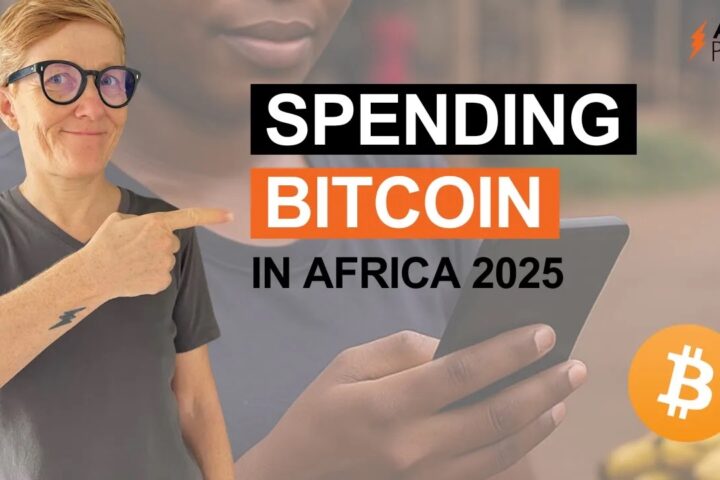Excerpt
I explain why Bitcoin’s market cap doesn’t reflect how it’s actually being used and how U.S. politics still shape the global narrative. While it’s treated mainly as an investment in the U.S., people in countries like Kenya and South Africa are using it as real money. Watch to see why Bitcoin’s future might be written outside the U.S
Transcript
Today, Bitcoin is the sixth biggest asset by market capitalization globally. After Gold, Microsoft, Apple, Nvidia and Amazon stocks, the market cap is being calculated by the amount of circulating Bitcoin multiplied by Bitcoin’s price. For stocks, it is calculated by multiplying the share price with the amount of outstanding shares. It actually gives us no information about how Bitcoin is being used as a store of value or a medium of exchange or if it’s held by corporations or individuals. Let’s compare Bitcoin to the global wealth, which is estimated in US dollars as 454 trillion. So in 2022, the global wealth was estimated in US $455 trillion. And the current Bitcoin market cap is US $2 trillion. So these 2 trillion are only 0.44% of the global wealth. So that’s minuscule compared to the total addressable wealth globally. Also, the market cap shows that Bitcoin is of similar size like the biggest companies globally. And if economic or policy changes affect the stock market, they of course also affect the value of Bitcoin as it is comparable in size. And that’s also the reason why its value has been correlated with the stock market so far, although it’s a totally different beast all alone. Bitcoin is so different to company shares and to traditional money that it actually should not be correlated with these movements. And sometimes we already have seen Bitcoin move in the other direction. A decoupling is actually to be welcomed because it would show that the market finally acknowledges the power of Bitcoin and its uniqueness. On the more narrative human side, the US is dominating the traditional economy still. The news cycles and social media, so everything that is happening in the US is being received in Europe and Africa as being of special importance. Just look at the influence of US American Bitcoiners on the narrative on Twitter or on the global narrative. It seems every Bitcoin user is just using it as an investment, a store of value, while many more people in South Africa, for instance, or in Kenya use it as money. As Bitcoin is being adopted globally, its utility will be unleashed further, with more used cases based on different needs and the influence of political decisions in single countries or regions will be diminishing.



